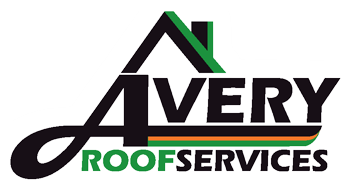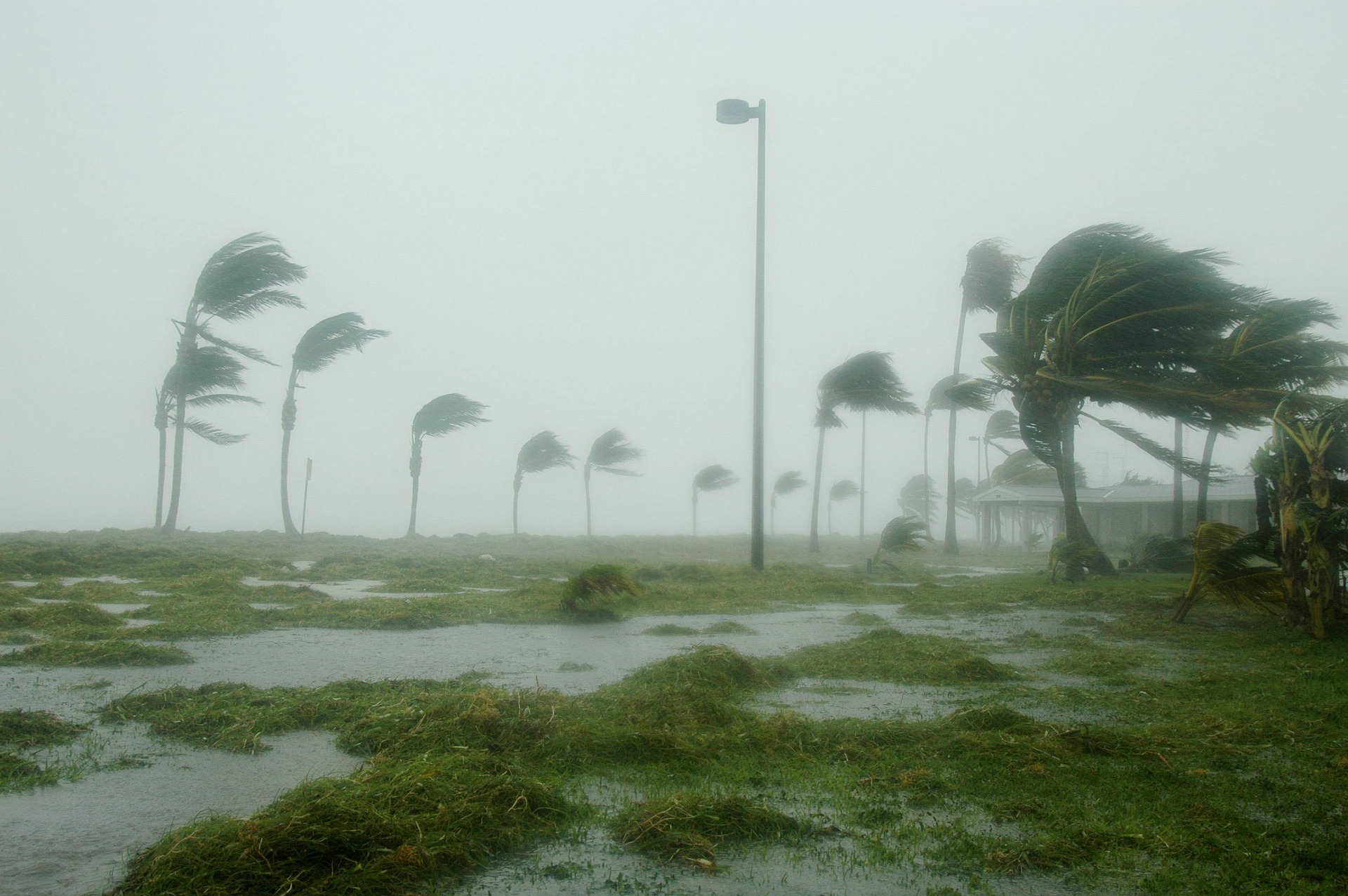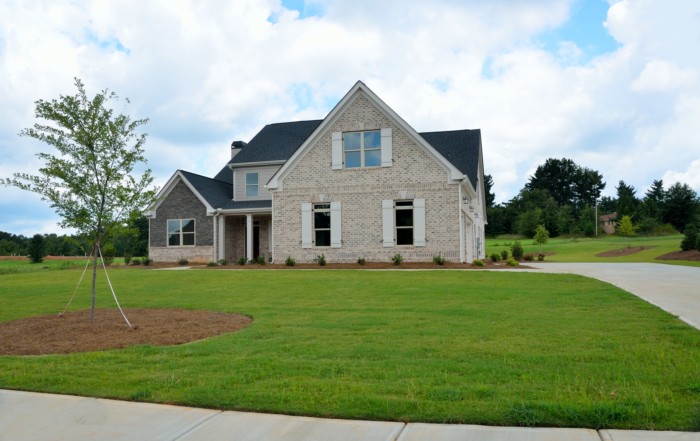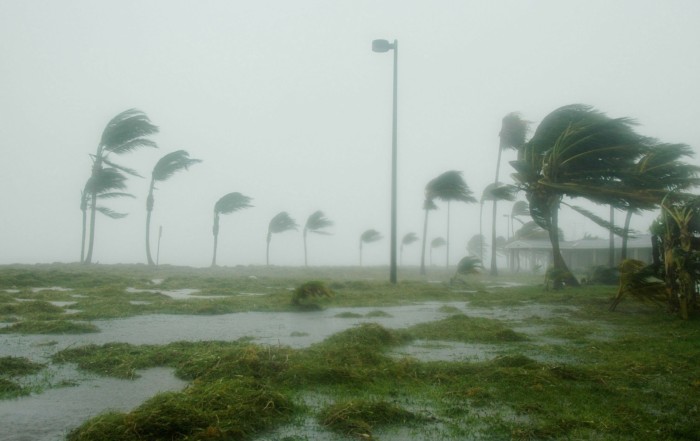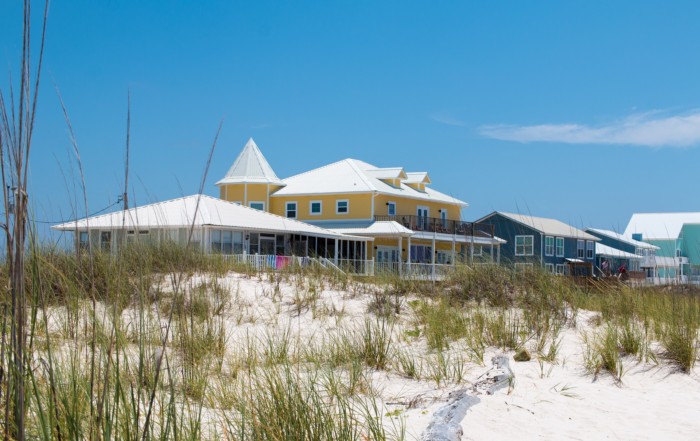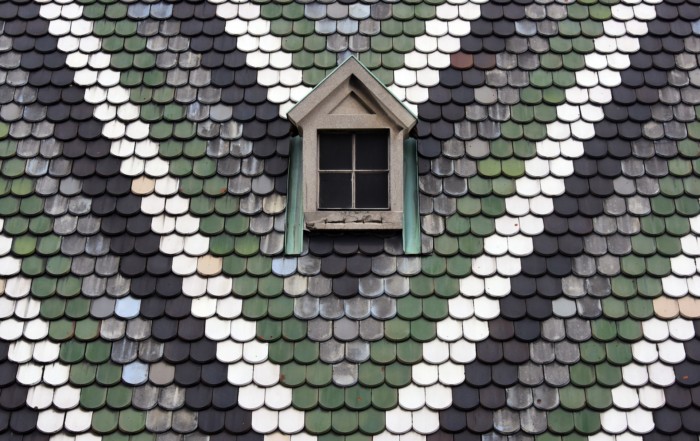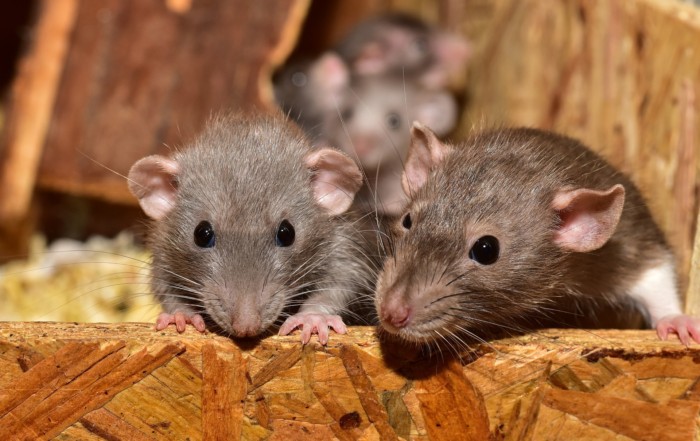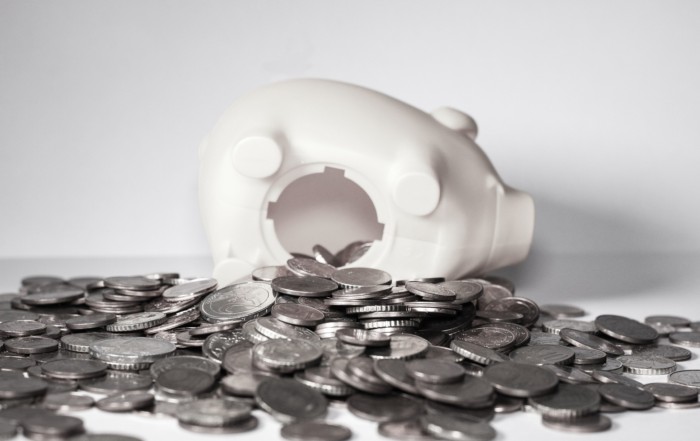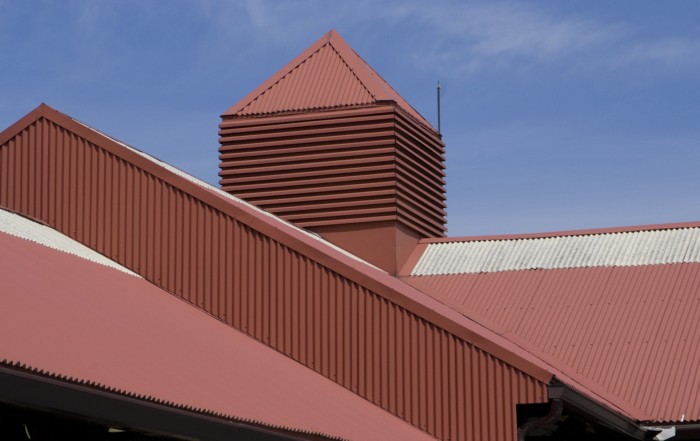Living in South Florida means being prepared for hurricanes. The Sarasota area has been remarkably lucky over the last several decades, never sustaining a direct hit of a large hurricane. Still, there have been several instances of major storms blowing through and wreaking havoc.
You may find it interesting just how costly these weather events can be. Although thankfully Sarasota does not represent a significant percentage of these numbers, our favored location on the Gulf Coast means that we must always be prepared. Now that we are safely through the first half of the 2019 hurricane season, here are some statistics, including roof damage statistics, which you may be interested in.
Hurricane FAQs
- When is hurricane season? Officially, hurricane season runs from June 1 through November 30. Historically, September has been the worst month for catastrophic hurricanes, although they can happen at any time.
- What causes a hurricane? There are several factors in play when a hurricane is forming. The right combination results in the proverbial “perfect storm” and can cause a major weather event. Warm water, moist warm air, and light upper-level winds are the main factors which contribute to the origin of a hurricane. Hurricanes form when masses of warm, moist air from the ocean water rises rapidly, and collides with cooler air.
- How are hurricanes rated? The Saffir–Simpson hurricane wind scale (SSHWS) classifies hurricanes into five categories distinguished by the intensities of their sustained winds. A category 1 hurricane is defined by winds between 74 and 95 mph; as wind intensity increases, so does the category number. A Category 5 hurricane is any storm with sustained winds over 157 mph. Although every wind event is capable of producing roof damage (as well as dangerous conditions for people and property across the board). the most dangerous hurricanes are considered to be Category 3 (111+ mph) and above.
- How many hurricanes has Florida experienced? In the last 20 years, our state has been hit by 79 named hurricanes, with varying intensity and aftermath.
Home and Roof Damage
In the Sarasota area, hurricane insurance is a requirement for anyone who has a mortgage. Those who own their home free and clear may opt out of insurance entirely. Standard homeowners insurance may or may not cover hurricane damage and therefore it is important to understand your specific policy.
The most devastating storms in relation to property damage include Hurricane Charley in 2004, Hurricane Ivan in 2004, Hurricane Wilma in 2005, Hurricane Michael in 2018, and Hurricane Katrina in 2005. These storms ranged from $15 billion in damages (Charley) to $105 billion in damages (Katrina). Although sources do not generally break roof damage out of the total property damage totals, it is known to be one of the most common types of property damage after a major storm. It is not uncommon to see miles and miles of blue tarps in devastated areas, awaiting both insurance payouts and for an open slot on a roofers schedule.
Because so many things are out of your control after a hurricane, here are a few ways you can proactively protect your roof to give yourself the best chance of weathering the storm.
- Keep Your Roof Well-Maintained: Any vulnerability in your roof has the potential of giving the storm a “foothold” to get under shingles and tear up the roof. Although you can’t guarantee damage won’t occur, you give yourself the best chance by conducting annual inspections which patch up and repair any minor issues you may have. Keep tree branches well off your roof line as well.
- Make Sure Your Roof is Up to Code: The most sweeping hurricane code changes happened in 1996. If your roof was installed prior to 1997, it is probably time for a new roof installation which will include all hurricane code improvements. But if your roof is older and still viable, you may wish to ask if there are hurricane improvements you can make to protect the roof in the case of a major storm.
- Have an Emergency Roof Fund Available: Although you may have insurance to cover your roof repair or replacement after a hurricane, the insurance payouts are notoriously slow after a major catastrophe. Having the money available to fix your roof without having to wait for an insurance check may put you to the front of the line for repairs. Just be sure to thoroughly understand your policy and what insurance will cover – or not cover.
Avery Roof Services is proud of our reputation in the Sarasota community. Whether a routine roof installation or an emergency repair, we do our best to help you in any way we can.

